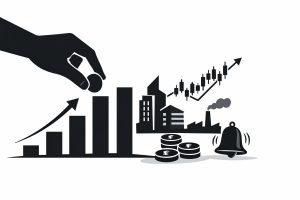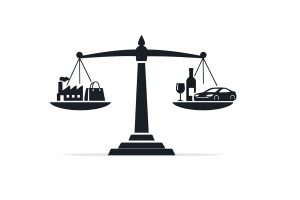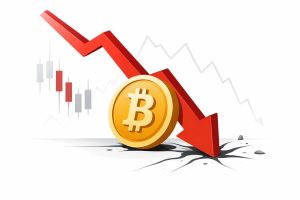Social Media A Weapon of Mass Distraction – Insights from Justice Mahesh Sonak In today’s digital age, social media has become an integral part of our lives. It serves as a platform for communication, information sharing, and connectivity. However, Justice Mahesh Sonak of the Goa bench of the Bombay High Court has expressed a rather unique perspective on the role of social media in our society. He believes that social media has evolved into a “weapon of mass distraction,” and he prefers to remain uninformed about various issues rather than being misinformed by the constant barrage of information and opinions. This article delves into Justice Sonak’s viewpoint and the implications of his stance in an era of information overload.
The Weapon of Mass Distraction
Justice Mahesh Sonak’s assertion that social media has transformed into a “weapon of mass distraction” resonates with many individuals who find themselves increasingly overwhelmed by the digital noise. The sheer volume of information, news, and opinions flooding social media platforms can be exhausting and, at times, counterproductive. Users often find themselves trapped in a cycle of scrolling, swiping, and clicking on sensationalized content, which detracts from their ability to focus on essential matters.
The concept of “weapon of mass distraction” highlights how social media platforms are designed to captivate users’ attention and keep them engaged for as long as possible. Algorithms prioritize content that elicits strong emotional responses, leading to the spread of sensationalism, misinformation, and polarizing views. Justice Sonak’s observation serves as a poignant reminder that while social media offers valuable connectivity and information-sharing capabilities, it also has the potential to divert our attention from what truly matters.
The Value of Remaining Uninformed
Justice Sonak’s choice to remain uninformed about several issues may seem unconventional in a society that values staying updated and well-informed. However, his stance reflects a growing sentiment among individuals who are concerned about the negative effects of information overload. Here are some key considerations:
Misinformation: In the age of social media, misinformation spreads rapidly. Falsehoods and half-truths can gain traction before the truth has a chance to catch up. By consciously choosing to limit his exposure to certain sources of information, Justice Sonak seeks to avoid being misled or misinformed.
Mental Well-being: Consuming an excessive amount of news and information can take a toll on one’s mental well-being. The constant stream of negative news, polarizing opinions, and emotionally charged content can contribute to stress, anxiety, and a sense of helplessness. Justice Sonak’s decision to remain uninformed can be seen as a form of self-preservation.
Focus and Productivity: Information overload can lead to decreased productivity and an inability to focus on important tasks. By not succumbing to the constant barrage of news and updates, Justice Sonak prioritizes his professional responsibilities and personal life.
Justice Mahesh Sonak’s perspective on social media as a “weapon of mass distraction” invites us to reevaluate our relationship with digital information consumption. While social media offers incredible opportunities for connection and information-sharing, it also carries the risk of diverting our attention from what truly matters and inundating us with misinformation.
Justice Sonak’s choice to remain uninformed about certain issues is a personal strategy to preserve his mental well-being and focus. It serves as a reminder that in the digital age, it is essential to strike a balance between staying informed and protecting one’s mental and emotional health. Ultimately, the role of social media in our lives depends on how we choose to engage with it and the extent to which we allow it to shape our perspectives and priorities.
Last Updated on: Monday, October 2, 2023 6:49 am by Anu Priya | Published by: Anu Priya on Monday, October 2, 2023 6:49 am | News Categories: News, Business, GENERAL, Tech


